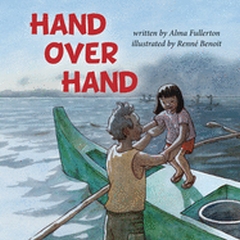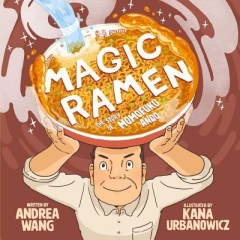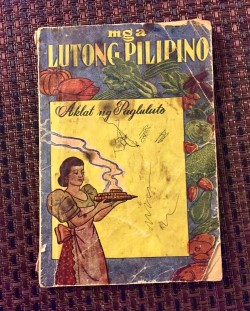






November 2020 Newsletter
Leonard Chan
Executive Editor
Events
Teachers for Social Justice is continuing their virtual conference on December 12th. To learn more about it and to register go to t4sj.org. Note that they also have videos from their first two day of the conference at youtube.com/c/Teacher4SocialJustice.
If you have an event that you would like us to mention and or to participate in, please feel free to let us know.
A Year Without Taiko and Lion Dances
What We Missed This Year
By Leonard Chan
For those of you that only know AACP through our online presence, our normal operation usually includes going to events throughout the year. We go to conferences and conventions, festivals and celebrations, remembrances and pilgrimages, and educational and school events. We’ve even gone to county fairs and farmers’ markets. We work with libraries and authors to create book presentations, readings, and signings. We even use to create our own Asian Pacific American Heritage Celebration event with partner Asian American community organizations.
At these events we exhibit, promote, and sell Asian and Pacific Islander American books and educational materials. Although some casual observers of AACP at these events may think we’re just a commercial operation that sells books, I often tell the event goers that we’re there to let them know that these books exist. Even if they didn’t end up buying the book from us, our mission is accomplished by just letting them view and take note of these great materials.
In the last four years, before this year, we averaged 28 events per year. In some years we go to many more events, travel thousands of miles (including to events in neighboring states), and meet tens of thousands of people. In 2020, we went to three events.
Here are some memories from my twenty two plus years with AACP and what we may have missed during this lockdown year.
Let's Cook Kalamay Like It's 1949
Part 3 of AACP's Comfort Food Series

By Pia Ceres
I found the cookbook by accident. I was home from college for the holidays, bored and rummaging around the house for something to read. I was surprised that I had never noticed it before: a slim paperback, a modest contrast to the thick, glossy volumes by Martha Stewart and Julia Child on my mom's bookshelf. The pages were browned and veined with age. They felt soft, more like leather than paper. The book was titled Mga Lutong Pilipino: Aklat ng Pagluluto, which roughly translates to Filipino Dishes: A Cookbook. On the cover was an illustration of a dark-haired woman in a butterfly-sleeved blouse and apron. Filipina Betty Crocker, I thought.
My mom explained that the book has been in our family since 1949. My great-grandmother, who passed when I was young, had left notes in the margins in an elegant cursive. I felt like I was holding a treasure.
Like a lot of kids of the Asian diaspora, I often struggle to feel like I have a connection to my ancestors at all. We go years without seeing our family in the Philippines. I don't know much about Philippine history. My Tagalog is really bad. But holding a cookbook that belonged to my great-grandma, that she used to nourish our family, felt like taking her hand across generations.
I asked my mom if we could try out a recipe. We picked kalamay—not because of any sentimental value, but because it looked easy and short. My mom translated it with me, and we cooked it for Noche Buena, the feast that's traditionally served after the midnight mass on Christmas Eve. The taste of sweet sticky rice and coconut reminded me of the desserts that my grandparents would buy me from the roadside stands in Nueva Ecija; of the smell of dirt after a tropical rainstorm; of the place that I left when I was a baby but that was still, as moments like this reminded me, a part of me.
Featured Books
View full descriptions of all these featured books at Bookshop.org where you'll also have the opportunity to purchase them.
Children's Books
General Literature
Activities
Copyright © 2020 by AACP, Inc.